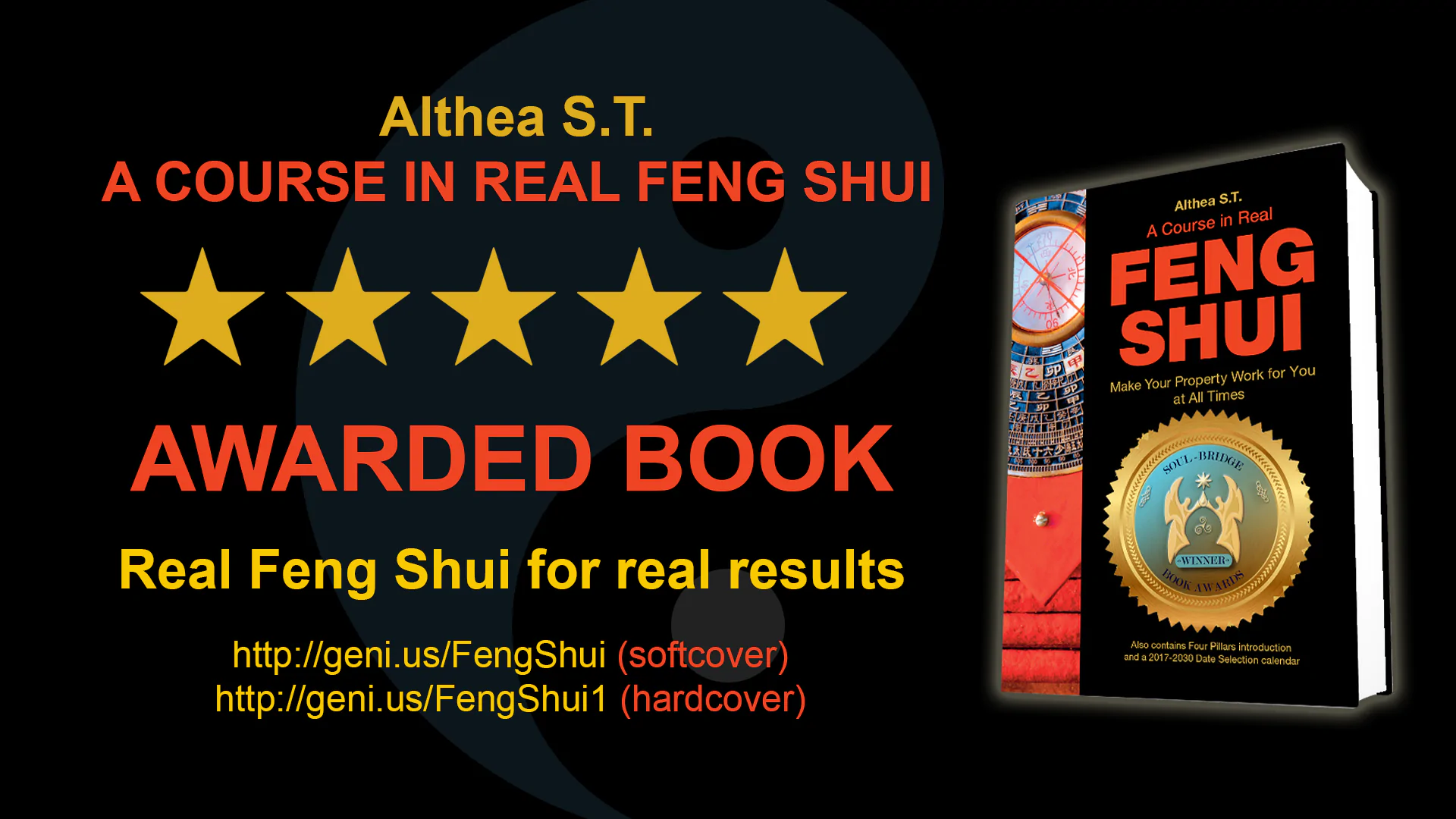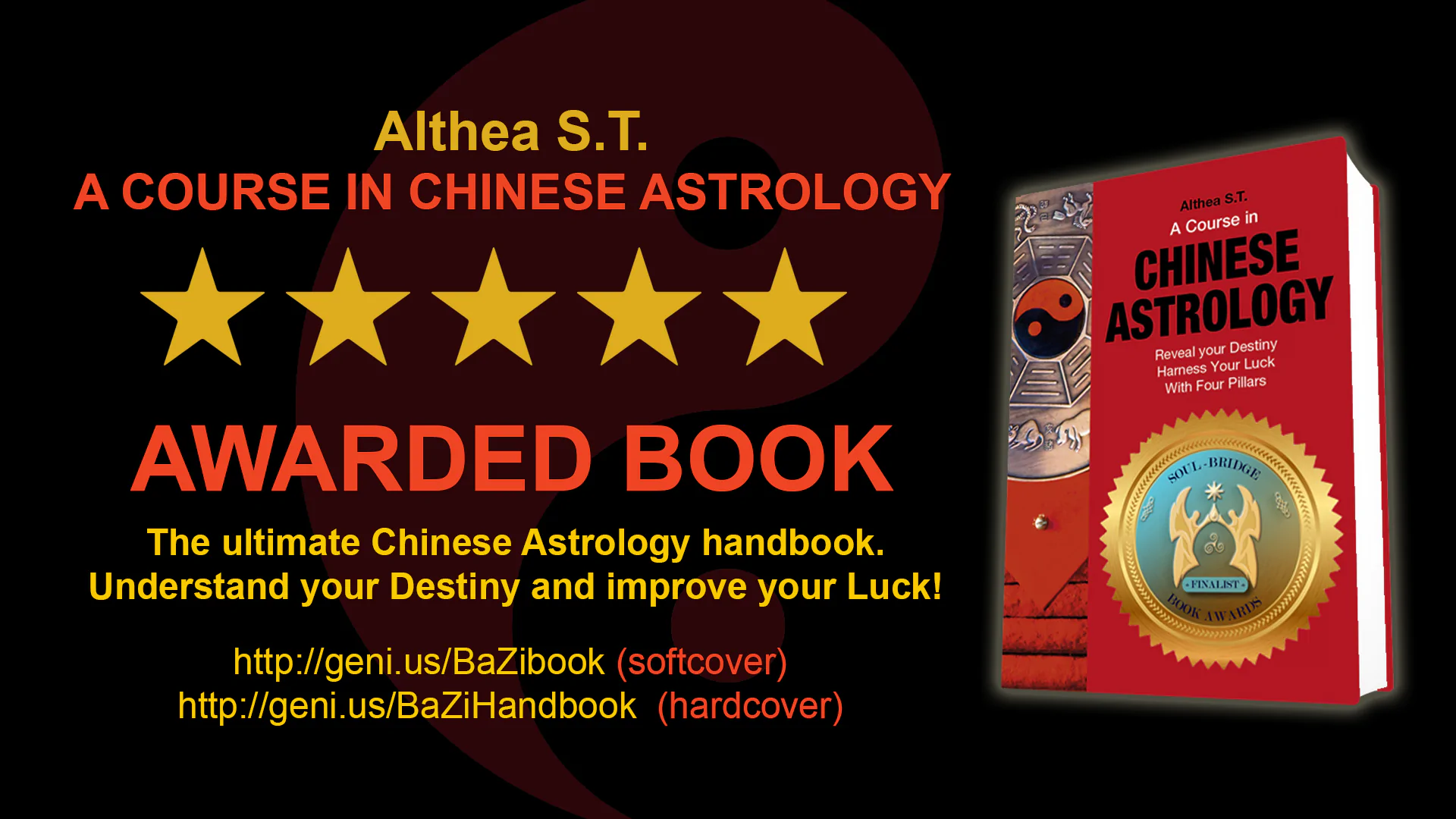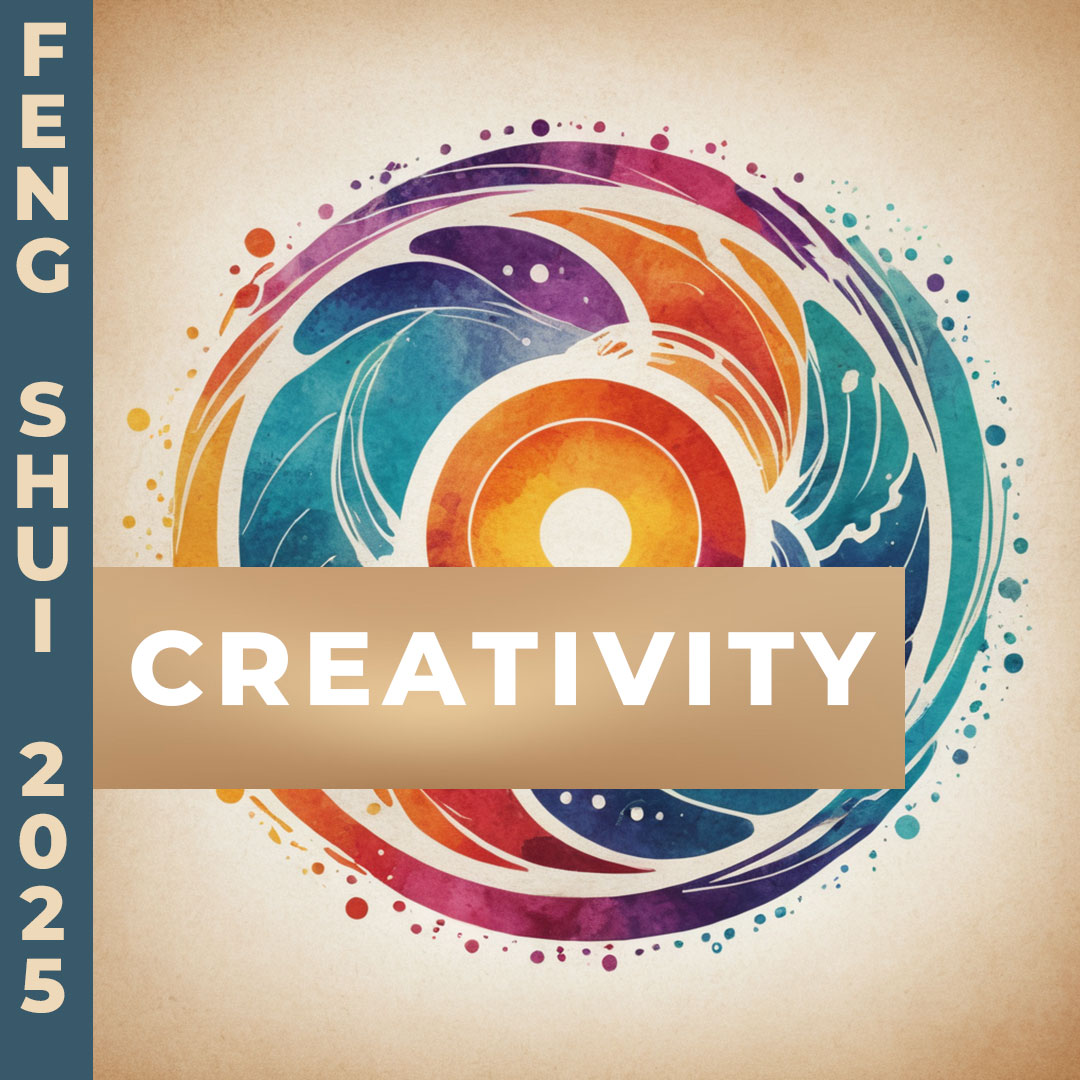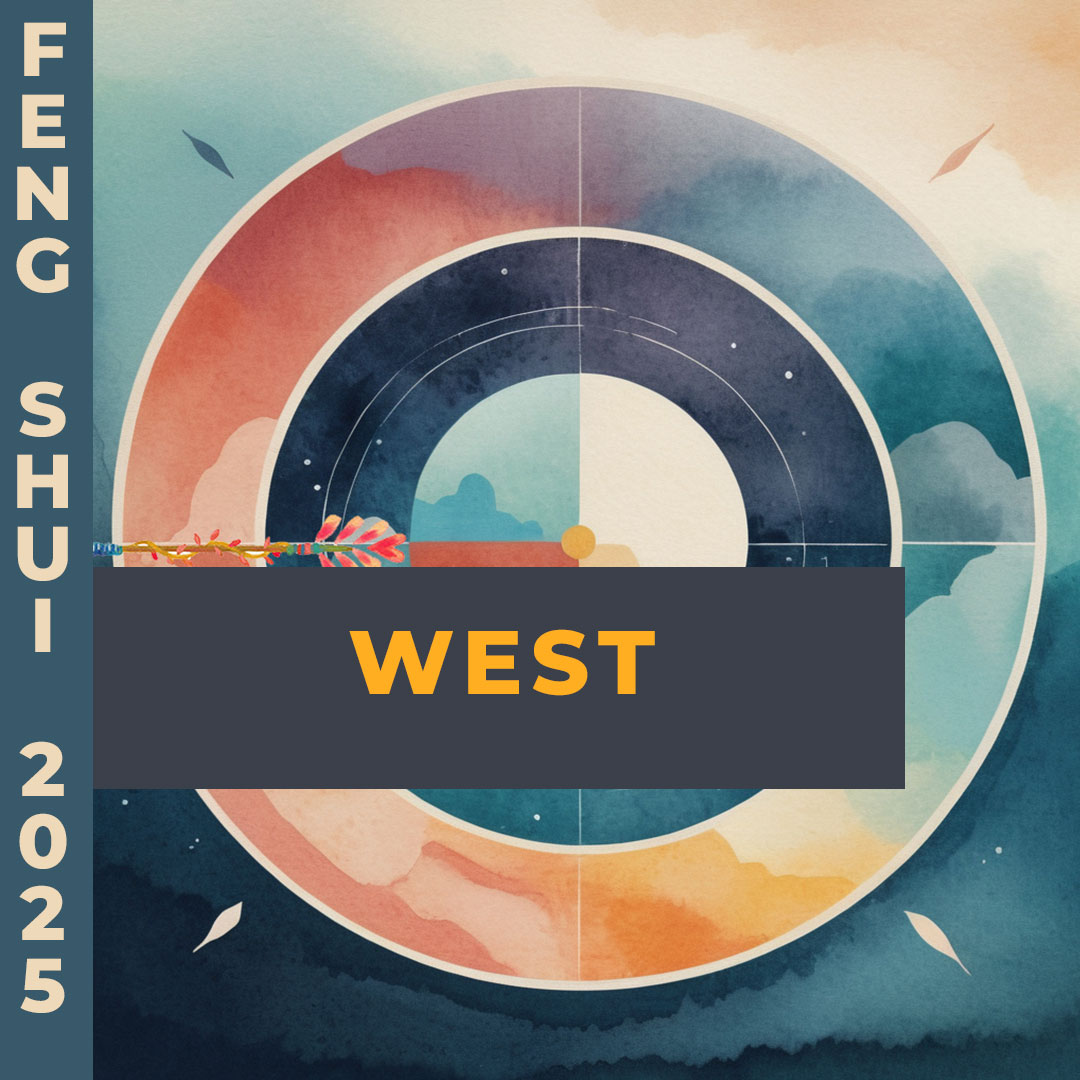

San He vs. San Yuan: The Two Schools of Classical Feng Shui
Feng Shui 2025
The Origins and Philosophical Differences of San He and San Yuan
San He (Three Harmonies) and San Yuan (Three Cycles) are the two primary schools of Classical Feng Shui, each with its own methodologies and applications. Their historical roots go back centuries, originating from different approaches to understanding how Qi interacts with the environment.
- San He Feng Shui developed with a strong focus on landforms and water features. It emphasizes the external environment, such as mountains and rivers, and their impact on human settlement. This system is especially effective for rural landscapes where natural land formations directly influence energy distribution.
- San Yuan Feng Shui, on the other hand, focuses on time and Qi cycles. It incorporates time-sensitive formulas like Flying Star Feng Shui, which analyze how changing energies influence a property over time. This approach is handy for modern urban settings where space is fixed, but energy shifts according to time cycles.
While both schools seek to optimize Qi flow, their approaches differ—San He prioritizes external forms, while San Yuan integrates time as a key factor in energy movement.
Key Methodologies: How San He and San Yuan Analyze Energy
Each school employs unique methods to assess and enhance a location’s Feng Shui.
- San He Analysis Methods:
- Uses the 24 Mountains system to determine the most favorable landforms.
- Focuses on the relationship between water and mountains to assess prosperity and harmony.
- Identifies Dragon Veins (Qi pathways) to ensure proper energy flow.
- Evaluates Sha Qi (negative influences from sharp edges, fast-moving water, or aggressive structures).
- San Yuan Analysis Methods:
- Uses the Flying Stars system to track Qi movement through different periods.
- Applies Yuan Cycles (20-year periods) to determine when a property’s energy is strong or weak.
- Assesses internal Qi distribution rather than just external influences.
- Utilizes Eight Mansions Feng Shui to analyze a building’s energetic compatibility with its residents.
Both schools agree that Qi flow must be harmonized and correctly positioned to support well-being, prosperity, and longevity.
When to Use San He vs. San Yuan in Practical Feng Shui Applications
Understanding when to apply each system is key to effective Feng Shui practice:
- San He is most effective when:
- Assessing land suitability for building homes, businesses, or agricultural projects.
- Working with properties that have strong external influences like rivers, lakes, or mountains.
- Adjusting landscape elements to optimize natural Qi flow.
- San Yuan is most effective when:
- Analyzing energy within existing structures, especially in cities with less flexible external factors.
- Understanding how time cycles impact wealth, health, and relationships in a home or office.
- Making periodic Feng Shui adjustments to align with shifting energy patterns.
While San He provides a static assessment of Qi based on external landforms, San Yuan adds a dynamic layer, helping practitioners make changes based on energy shifts over time.
Stay tuned for the next post in the Real Feng Shui with Althea series, where we will explore The Origins of Feng Shui: A Journey Through Time.
To read this and other posts on the website, follow the link: www.altheafengshui.com/blog
To read more about the luck of the 12 zodiac signs in 2025, download the Chinese Astrology Guide 2025.
To learn more about your Feng Shui in 2025, download the free Feng Shui Guide for 2025.
Schedule your Feng Shui Consultation
A good way to find out about your property’s Feng Shui is to consult or hire a personal Feng Shui adviser to review it and offer customized solutions and packages.
We provide consultations for your Residential and Business property and also have special, tailor-made packages for Property Developers and Investors.
We also offer Annual Feng Shui consultations, with tailor-made property activation dates!
* To learn more about real Feng Shui practice and everything that makes difference between a good and a great property, get yourself a limited hardcover copy of Althea’s awarded Feng Shui book: ‘A Course in Real Feng Shui’. To explore the book, click here.

* To learn more about Chinese Astrology, click here.



